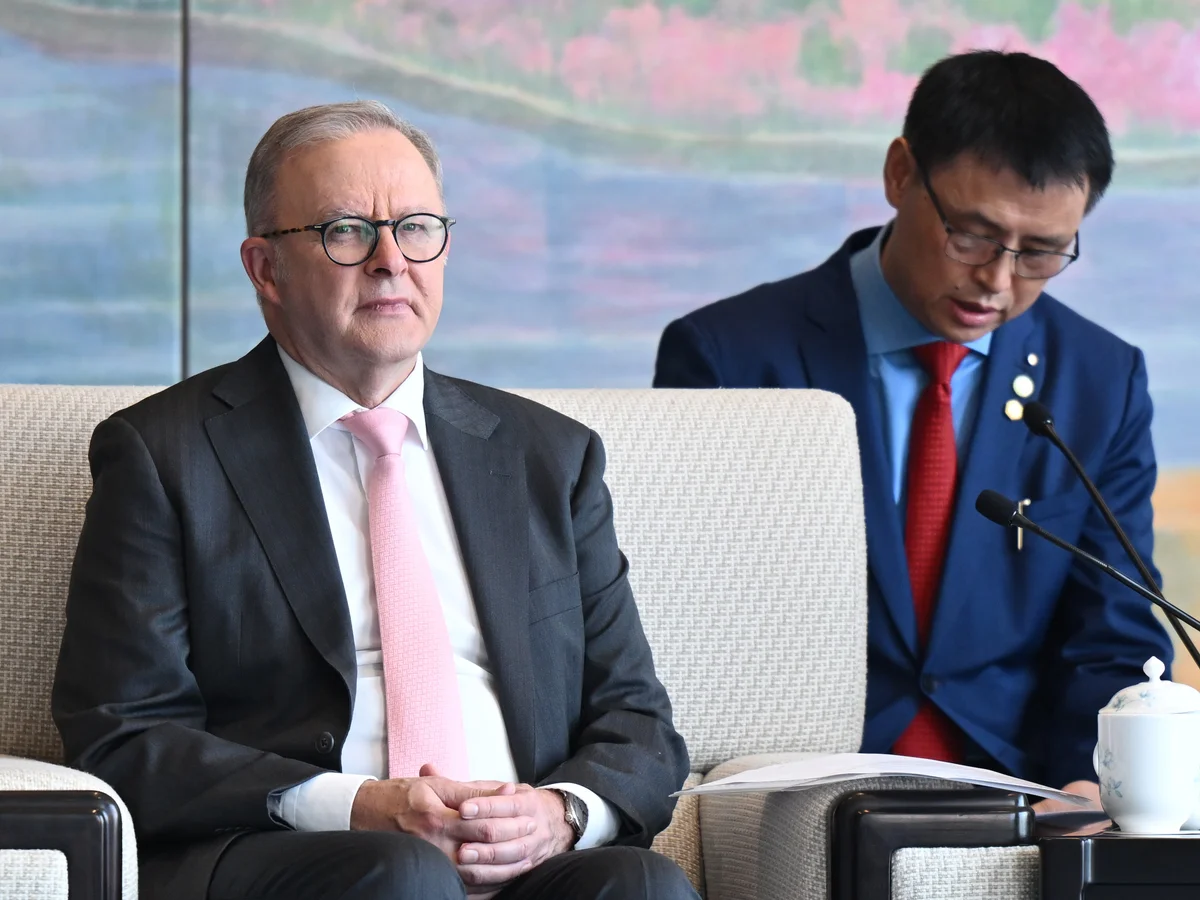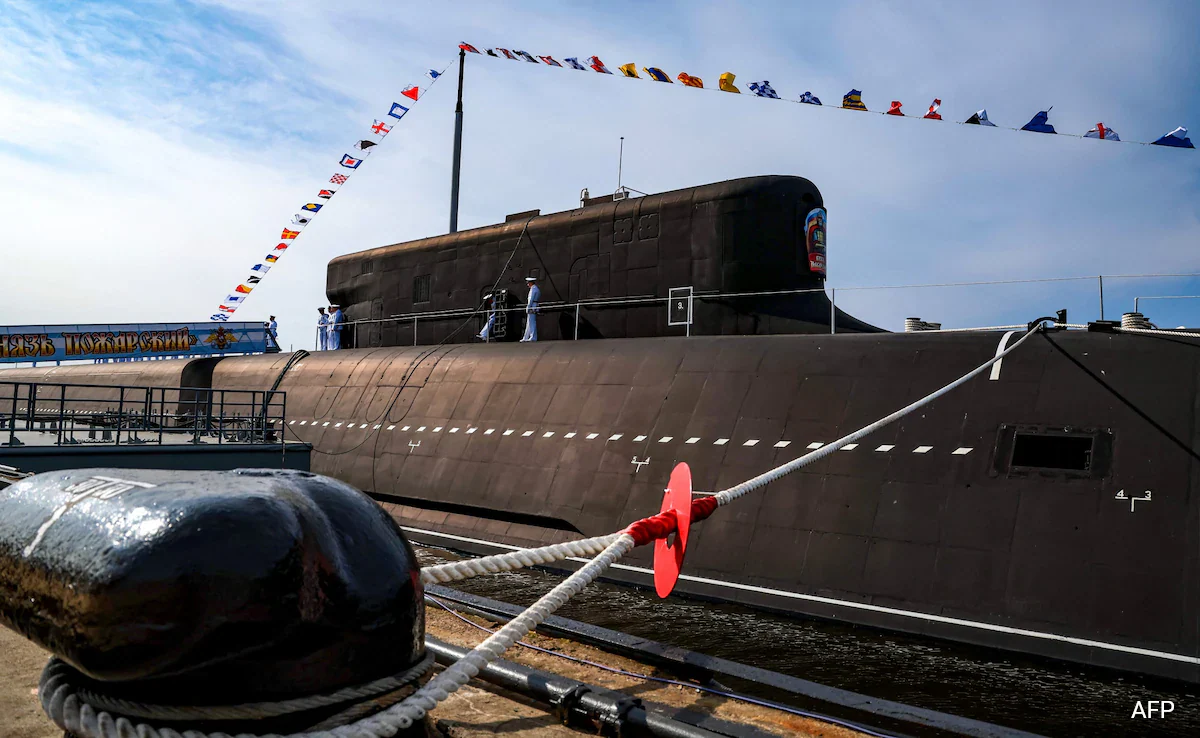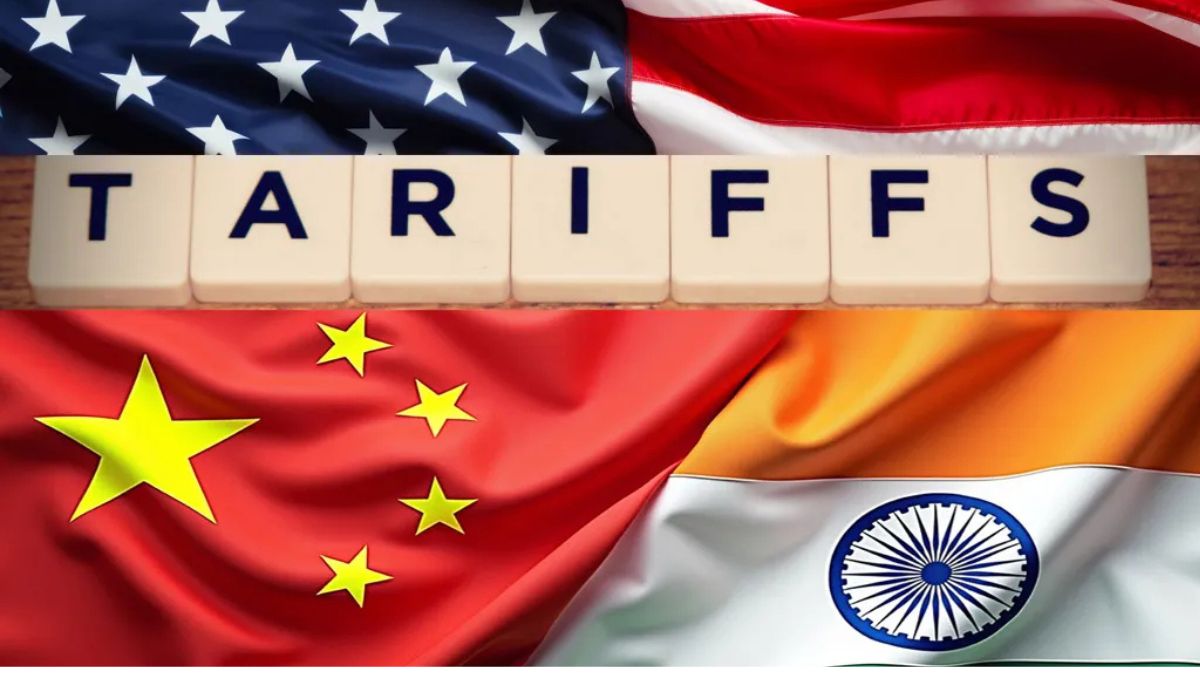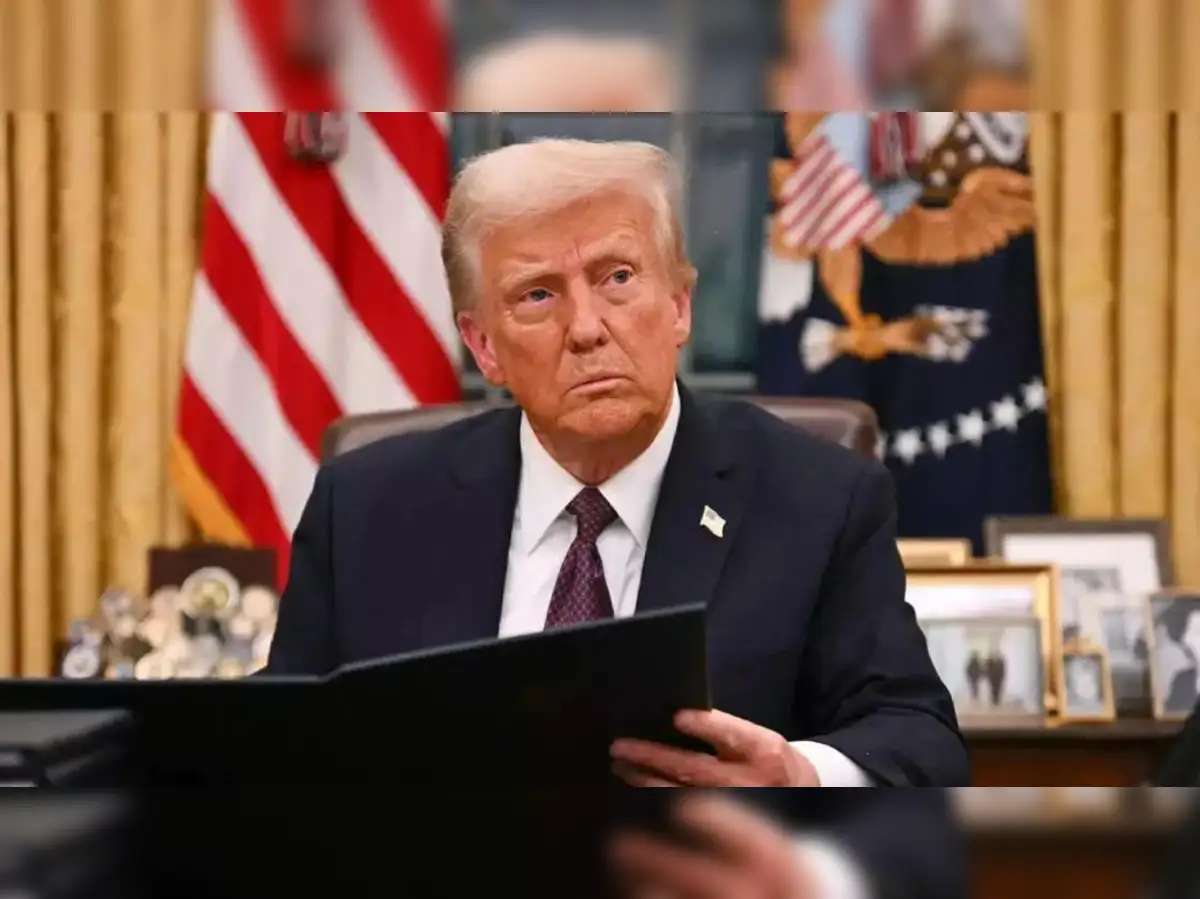
Navigating a Complex Geopolitical Landscape
In an era characterized by escalating global tensions between the United States and China, Australia has positioned itself as a notable example of diplomatic independence. Despite mounting calls from allies and security partners to take a definitive stance in potential conflict scenarios, Australia has, to date, firmly **rebuffed** any commitments to join or support hypothetical US-China conflicts. This stance underscores Australia’s desire to maintain strategic autonomy and prioritize regional stability over becoming entangled in superpower rivalries.
The growing friction between the world’s superpowers has raised important questions about the role Australia should play on the international stage, especially as it pertains to security alliances such as the Quadrilateral Security Dialogue (Quad) and its deepening ties with both the US and China. This article delves into Australia’s firm position against aligning itself automatically with US-led interventions, analyzing the reasons behind this stance, the geopolitical implications, and the broader context of rising tensions in the Indo-Pacific region.
Understanding Australia’s Position: A Diplomatic Balancing Act
Australia’s diplomatic posture has always strived to strike a delicate balance, particularly given its economic and strategic interests involving both the US and China. While the country is a close partner of the United States—cooperating on defense, intelligence sharing, and regional security—it is also heavily economically intertwined with China, which is Australia’s largest trading partner.
Australia rebuffs calls to commit to joining hypothetical US-China conflict – The Guardian
The Rationale Behind Australia’s Non-Alignment
1. Economic Considerations
One of the primary reasons for Australia’s diplomatic stance is its economic reliance on China. Australian exports such as iron ore, coal, and agricultural products heavily depend on Chinese markets. A swift escalation into any conflict could jeopardize these vital economic ties, leading to significant domestic repercussions. As a result, Australia prefers to avoid taking sides in a conflict that could threaten its economic stability and regional prosperity.
2. Regional Stability and Peace
Australia’s strategic outlook emphasizes stability in the Indo-Pacific. The country recognizes that involvement in a US-China conflict could escalate regional tensions, risking a broader confrontation that could destabilize the region. The Australian government has repeatedly emphasized the importance of diplomacy, multilateral agreements, and peaceful conflict resolution approaches over military entanglements rooted in superpower rivalries.
3. Diplomatic Autonomy and Sovereignty
Refusing to commit to a hypothetical conflict enables Australia to maintain diplomatic flexibility. It allows the country to act in accordance with its national interests rather than being drawn into obligations stemming from alliance frameworks. This independence underpins Australia’s approach of engaging with all powers constructively, often advocating for diplomatic solutions over aggressive posturing.
The Geopolitical Context: Growing Tensions in the Indo-Pacific
The Indo-Pacific region is increasingly becoming a geopolitical flashpoint. The US has stepped up its military presence, alliances, and strategic rhetoric, primarily as a counterbalance to China’s expanding influence. Simultaneously, China continues to bolster its regional and global footprint, asserting sovereignty claims in the South China Sea and expanding its military capabilities.
In this volatile environment, the United States has pressured allies like Australia to demonstrate a clear stance against China, which some interpret as edging toward a bloc mentality. However, Australia’s government remains cautious. Reinforcing alliances without being drawn into potential conflicts is seen by many as a pragmatic way to safeguard national interests and regional stability.
Implications of Australia’s Stance for Global Politics
- Maintaining Diplomatic Balance: Australia’s rejection of a commitment to potential US-China conflict underscores its desire to remain an independent actor. It seeks to foster constructive relationships with both superpowers without becoming a pawn in larger geopolitical games.
- Regional Leadership: By advocating for peace and restraint, Australia positions itself as a responsible regional actor capable of mediating tensions and promoting dialogue.
- Potential Risks: While this stance enhances diplomatic flexibility, it also risks being perceived as non-committal or insufficiently aligned with US strategic priorities, especially as tensions escalate.
Contemporary Challenges and Future Perspectives
As tensions continue to escalate, especially with the ongoing geopolitical rivalry, Australia’s stance may be tested further. The question of how long Australia can maintain its position of neutrality in the face of growing pressures remains open. Balancing economic interests, regional security, and alliance commitments will require nuanced diplomacy.
Furthermore, the international community will monitor Australia’s role in fostering dialogue and preventing conflicts. The emphasis on peaceful resolutions aligns with global efforts to de-escalate tensions, but the risk of inadvertent escalation remains a concern.
Looking Ahead:
- Australia will likely continue to advocate for diplomacy and strategic autonomy, wary of becoming embroiled in conflicts that serve larger superpower competitions.
- Regional neighbors and international stakeholders may look to Australia as a model for balancing alliance commitments with national sovereignty.
- The evolving dynamics necessitate ongoing dialogue, flexible foreign policy strategies, and a commitment to peace and regional stability.
Conclusion: A Pragmatic Approach in Turbulent Times
Australia’s firm stance against committing to an explicitly US-led conflict with China demonstrates a pragmatic approach rooted in diplomacy, economic prudence, and regional stability. As tensions in the Indo-Pacific continue to rise, this orientation reflects a nuanced understanding that entanglements and escalations can have profound and unpredictable consequences. Maintaining strategic independence while fostering peace and stability in the region remains the guiding principle for Australia’s foreign policy approach in these uncertain times.
In a world increasingly defined by superpower rivalries, Australia’s cautious diplomacy underscores the importance of independence, dialogue, and regional cooperation as essential tools to navigate future challenges.
For more updated news please keep visiting Prime News World.








